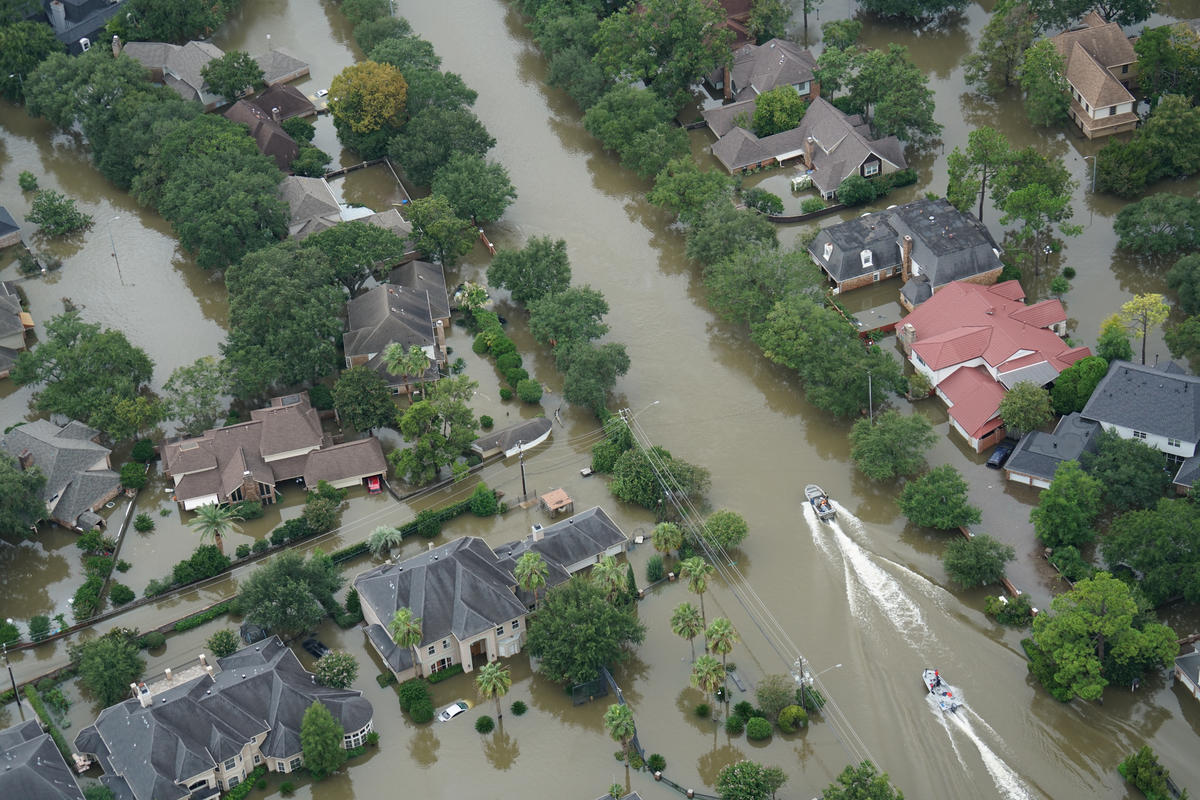We Can Do It, and at Moderate Cost
Lisa Moore, today’s guest blogger, is a scientist in the Climate and Air Program.
On Friday, the Intergovernmental Panel on Climate Change (IPCC) released a summary of its third report [PDF] (see our explanation of the IPCC). The first two reports focused on the science [PDF] and the impacts [PDF] of climate change. Now the IPCC has tackled the all-important question: What can we do about it?
The great news is that there is "high agreement" and "much evidence" that there are many ways to cut greenhouse gas emissions (see our post on how to get us there), and every economic sector can make a difference. For a cautious, consensus-driven group like the IPCC, that’s strong language.
Just as encouraging is the conclusion that fighting global warming isn’t going to destroy economies.
The report looks at the likely costs of a variety of scenarios, including what we described in an earlier post about the emissions reductions required to avoid the tipping point to dangerous climate change.
In the IPCC’s assessment, we can achieve this goal and, at worst, the annual growth rate of worldwide GDP will slow a mere 0.12 percent. And that’s without considering side benefits such as increased energy security and improved public health. In fact, some studies that the IPCC report considered concluded that the economy will grow more quickly if we embrace this challenge than do nothing!
That’s the good news. The sobering caveat is that we are running out of time. The longer we wait to act, the harder it will be to stabilize greenhouse gas emissions at safe levels because the emissions cuts will need to be much steeper.
Fortunately, many countries have already started. And according to the IPCC, the costs of implementing international strategies such as the Kyoto Protocol are lower than originally projected. That’s important because, as the report states, "Voluntary agreements… [have] not achieved significant emissions reductions beyond business as usual."
Here at home, Congress is finally starting to get the message. I hope that soon, rather than playing catch-up, the U.S. will be out in front where we belong and where the world needs us to be.













4 Comments
We are now a two Prius family (an ’03 and ’07). We have begun to replace our light bulbs with compact fluorescents. We have efficient appliances. But I don’t really know to what extent these actions change our green house gas emissions.
Does anyone know where I can find a plain language, non-scientific jargon explanation of what individuals can do and how much those actions effect their personal carbon footprint?
For example, what percentage of my carbon footprint comes from my car, my lights, my A/C, my heating, my consumption of foods and other consumer goods. How much can I reduce my footprint by changing various aspects of my lifestyle?
Are there organizations that can help me reduce my footprint by investing in renewable energy?
We all know the problems. What are some individual solutions?
I just posted an article about how to calculate your carbon footprint, and what you can do to reduce it: “What is a Carbon Footprint“. There’s a link there to a carbon calculator that can help you quantify your efforts.
For even more tips, you can turn to a new calculator we helped develop, and which launched today. Check out the “about our sources” link (at the very bottom of the page) for info on the statistics.
You can find out about signing up for renewable energy here.
I think that all this hype about global warming is political. I’ve been alive for almost 5 decades, and I’ve personally lived through what appear to be “changes” in the climate. Even now in Upstate New York, I’ve noticed changes in the beginning of each season, rainfall, and temperature. While I do think the sun is more intense, I don’t buy into the garbage about melting icecaps and CO2 in the air. For Godsake’s, we all exhale CO2, and plants breathe it in! The basis for all life is carbon! The truth is, we don’t want third world countries to become developed and possibly become threats to the superpowers that be. We should be ashamed to force Africans to live the way they do… Why are we playing “God,” telling them that they can’t use the abundant fossil fuels that they have in their country? So we can promote some ridiculous political agenda. I happen to believe, as I always have and always will, that human life is important and precious. And I know from reading that this is all political. Margaret Thatcher should be ashamed of allowing all the suffering to continue in Africa. But then again, imperialism refuses to die, whether English or American. There is no logical science to support the theory that CO2 causes global warming. Plain and simple.